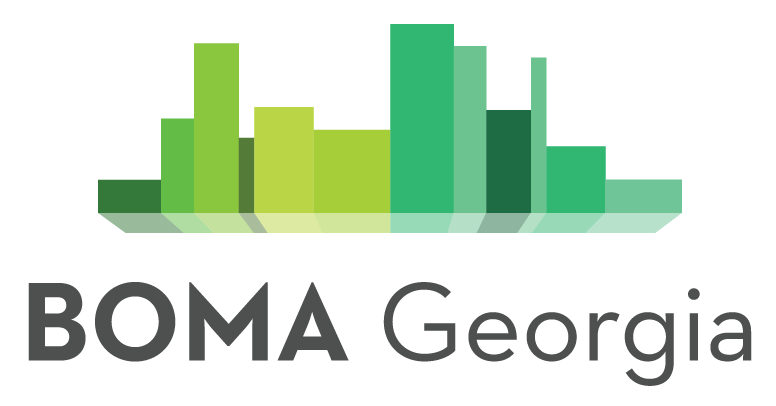Georgia Legislature Passes SB 69 to Regulate Third-Party Litigation Funding
The Building Owners and Managers Association of Georgia (BOMA Georgia) achieved a years-long effort to pass meaningful premises liability reform, thanks to the leadership of key legislators and significant support from the Georgia business community, including BOMA Georgia.
BOMA Georgia played a pivotal role in advocating for SB 69, the second piece of Governor Kemp’s legal reform package. Joining efforts alongside partners, BOMA Georgia has pushed for meaningful reforms. These efforts included member engagement through legislative action alerts, BOMA Day at the Capitol, direct lobbying through contracted advocacy services and extensive grassroots efforts.
The Georgia General Assembly has passed SB 69, the Georgia Courts Access and Consumer Protection Act, paving the way for increased oversight of third-party litigation financing (TPLF) in the state. Sponsored by Sen. John Kennedy, R-Macon, the legislation subjects litigation financiers to regulation by the Georgia Department of Banking and Finance.
SB 69 also includes an amendment adopted in the Senate modifying the effective date of the seatbelt admissibility provision found in SB 68. The House concurred with the revision on March 31, sending the bill to the Governor’s desk for enactment.
When signed into law, SB 69 will establish new consumer protections and transparency requirements for a previously unregulated sector that has grown in influence within the civil justice system.
Senate Bill 69 requires third party litigation financiers to register with the state, prohibits foreign adversaries from interfering in the state court system by way of TPLF agreements, and provides protections for consumer-plaintiffs entering into TPLF agreements. Additionally, SB 69 allows parties to a lawsuit to seek disclosure of TPLF agreements.
Key Provisions:
Defining “Litigation Financing Agreements.” For the first time in Georgia law, litigation financing agreements are defined. SB 69 defines them as agreements for financing to a consumer or entity, or their legal counsel, in exchange for the right to receive payment contingent on the outcome of a legal action. The definition includes any matters within a portfolio of actions involving the same legal representative.
Defining what is NOT litigation financing. There are several exempt practices, such as standard contingency arrangement between a lawyer and their client, insurance agreements, traditional loans, and investors that are not in the business of litigation financing.
Prohibits litigation financing unless the litigation financier registers with the state. Litigation financiers must register with the Georgia Department of Banking and Finance prior to engaging in financing. SB 69 includes several enforcement tools for the Department.
Stops foreign adversaries from investing in litigation. SB 69 specifically references federal designations for foreign adversaries and prohibits any investment or influence they have through litigation financiers. Currently, federal law designates the following as foreign adversaries: China, Russia, North Korea, Cuba, Iran, and the Maduro Regime of Venezuela.
Prohibits litigation financiers exercising influence in cases. The bill stops litigation financiers from directing legal counsel or their plaintiffs in several ways, and prohibits kickbacks.
Creates penalties for large investments in frivolous litigation. Litigation financiers will be on the hook for sanctions when a court orders penalties for frivolous litigation.
Protects consumers and requires certain terms in agreements. Consumers signing onto these agreements are often in vulnerable situations and SB 69 ensures they understand what they’re signing on to. The bill also caps recovery that a litigation financier can receive to no more than an equal share of the proceeds collectively recovered in a legal proceeding.
Allows discovery of litigation financing agreements in legal proceedings. Parties can find out whether a litigation financier is backing a lawsuit or claim, allowing parties to know if there is undue influence in a case or conflicts of interest.
BOMA Georgia remains committed to advocating for the commercial real estate industry. We encourage members to stay engaged and continue supporting efforts that help shape Georgia's legal and business environment for the better.

